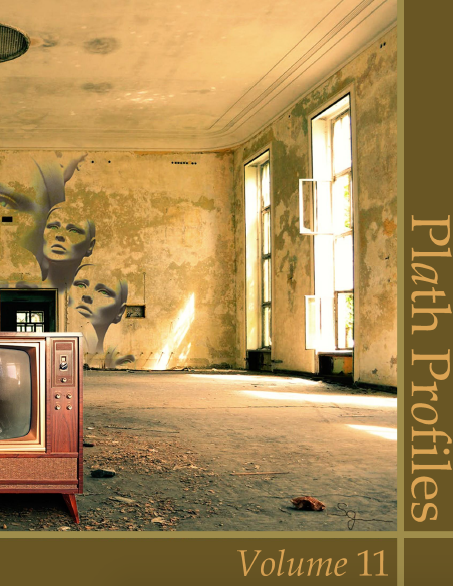"Foucault and Plath, Body and Soul"
Main Article Content
Abstract
What could a confessional poem possibly have in common with a philosophical critique of confessional power? Unlikely though the pairing may be, this essay enters Plath’s “In Plaster” into conversation with Michel Foucault’s Discipline and Punish in order to explore how each text revisits the classical conception of the “soul.” If the soul has always referred to an immaterial yet constitutive dimension of subjectivity, one that doubles the subject’s corporeal body, what Foucault and Plath show in tandem is that the modern “soul” is a vestibule of power relations. In this light, even the innermost depths of the self are not external to such relations of power — and so the poet writing to “confess” their “True Self” would more so reproduce than resist power. However, my Foucauldian reading of “In Plaster” insists that the poem’s central conflict — between the speaker’s embodied self and her “double,” or soul — is irreducible to such a confessional liberation of self from society. I argue that, in the course of the poem’s volatile lyrical movement, the boundaries between self and society are destabilized, as are those between body and soul. Ultimately, Plath reveals that this mutual imbrication of each term with its other enables, at once, power’s hold upon the body (via the technology of the soul) as well as the body’s resistance to this power, this soul, by which it is constructed.

